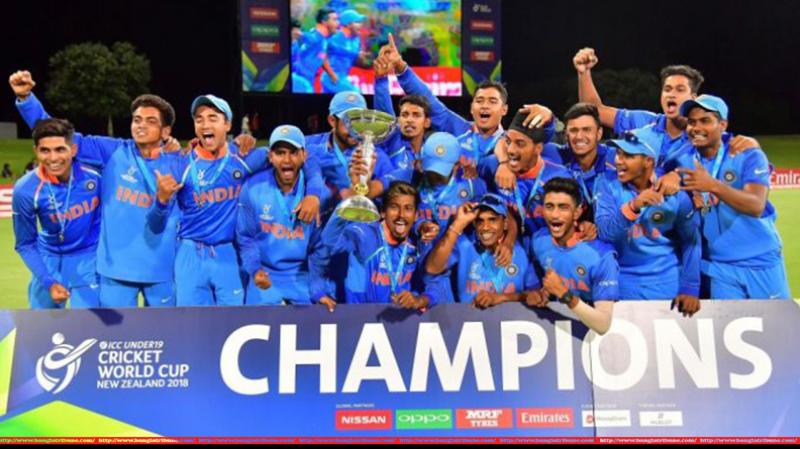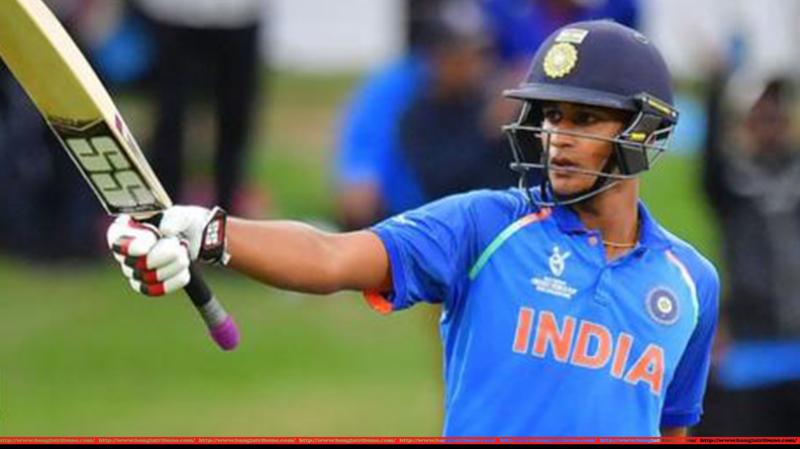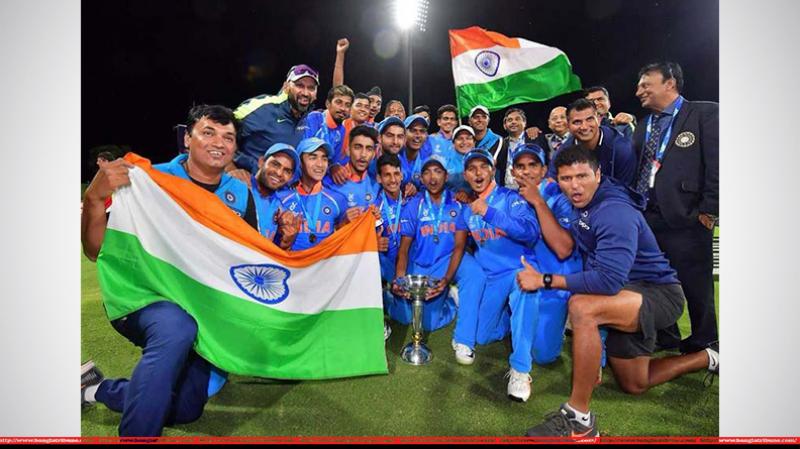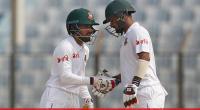 Preparation is the key
Preparation is the key
India was the example for other teams to follow. Between the end of the 2016 Under-19 World Cup and the start of this one, India played four major series - home and away against England, and two Asia Cups in Colombo and Kuala Lumpur. And they had the domestic Under-19 inter-state tournament and the Challenger Trophy, which served as a final selection call for a number of players.
As many as 27 players got the feel of playing for India Under-19 in this period, while 20 others were on the fringes and tried at different times at domestic level. This meant India's preparation leading into the World Cup in New Zealand was top notch and a shade above all other sides. The other big teams, in comparison, were far behind.
Australia, for example, rested all their U-19 World Cup players for a short limited-overs series at home against Pakistan in December. The only other time the majority of the squad played together as a team was at home against Sri Lanka in April 2017. Effectively, they hoped camps and inter-squad matches would help the players fine-tune their teamwork
New Zealand did not play a single international between the end of 2016 World Cup and the start of 2017. The three games they managed in preparation, just three weeks leading into the World Cup, were against Zimbabwe, an opposition that did not test them. At a crucial stage in a World Cup quarter-final, New Zealand's lack of depth showed. The age issue
The age issue
The ICC trusts individual boards to ensure their players meet the age criterion and verifies it through original documents like passports. While no objections were raised by anyone publicly, a number of teams expressed reservations about facing over-age players in private. The one way the ICC could perhaps look to weed out this constant suspicion about player ages is to make bone-density testing mandatory. It is a step the BCCI has made compulsory at the Under-16 level.
A number of coaches also advocated for a ruling that says those who have already played for the senior international team should not be eligible to play the Under-19 World Cup, even if they meet the age criterion. The BCCI, for example, brought into effect a rule that prevents players from featuring in more than one U-19 World Cup prior to the start of their preparation for the 2018 tournament. This automatically ruled out players like Washington Sundar, who was eligible to play for the second time. Smaller teams struggle
Smaller teams struggle
Promoting the game through an inclusive 16-team event sounds fantastic, but it increases the probability of mismatches and makes the group stages dull. For example, take Papua New Guinea, who were dismantled for 65 by India, and lost seven wickets to a single bowler against Australia. Kenya was smashed around for two 400-plus scores, while Ireland was bundled out for 98 by a fiery Pakistan attack. Ironically, the closest match of the competition turned out to be the one between Afghanistan and Ireland.
Again, a number of coaches argued how the ranking system and a Plate League that runs simultaneously - by having teams compete for fifth, sixth, seventh until fifteenth place - served no purpose. Instead, there were suggestions to give all Full Members automatic entry, and the Associates and other teams three slots through a qualifying route to make it a 14-team event. Splitting teams into two groups of seven would then ensure six league games for a team, as compared to three in the present format.
Scheduling and logistics
The ICC deserves credit for having the teams stay in the best hotels, but there was perhaps a case to be made for better scheduling and logistics for the three-week World Cup. The schedule meant that some teams like India and Pakistan had the luxury of being based at one location throughout the group stages, while many others - mostly, the smaller sides - were shuttling between cities.
Zimbabwe, for example, finished their group game against Australia in Christchurch and then took two flights to get to Tauranga, arriving on the eve of their next match. They had no chance to train at the match venue and were effectively out of the competition after playing two games in three days.
Source: espncricinfo
 Sports
Sports
30763 hour(s) 30 minute(s) ago ;
Afternoon 02:24 ; Saturday ; Apr 20, 2024
U19 World Cup: India thrashes Australia to win title for fourth time
Send
Sports Desk
Published : 20:17, Feb 05, 2018 | Updated : 20:19, Feb 05, 2018
Published : 20:17, Feb 05, 2018 | Updated : 20:19, Feb 05, 2018
0 ...0 ...
/PDN/
Topics: Editor's Picks
- KOICA donates medical supplies to BSMMU
- 5 more flights to take back British nationals to London
- Covid19: Rajarbagh, Mohammadpur worst affected
- Momen joins UN solidarity song over COVID-19 combat
- Covid-19: OIC to hold special meeting
- WFP begins food distribution in Cox’s Bazar
- WFP begins food distribution in Cox’s Bazar
- 290 return home to Australia
- Third charter flight for US citizens to return home
- Dhaka proposes to postpone D8 Summit
Unauthorized use of news, image, information, etc published by Bangla Tribune is punishable by copyright law. Appropriate legal steps will be taken by the management against any person or body that infringes those laws.
Bangla Tribune is one of the most revered online newspapers in Bangladesh, due to its reputation of neutral coverage and incisive analysis.
F R Tower, 8/C Panthapath, Shukrabad, Dhaka-1207 | Phone: 58151324; 58151326, Fax: 58151329 | Mob: 01730794527, 01730794528


